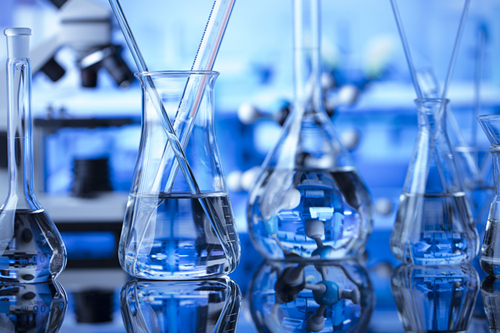On September 4, 2024, the Ministry of Environment of South Korea issued Notification No. 2024-571, officially announcing a comprehensive revision of the types of persistent pollutants and specific exemption regulations. This revision aims to update and detail the specific chemical names and their CAS numbers of persistent pollutants as defined in the Persistent Organic Pollutants (POPs) Control Act. The revisions also include clarifications on specific exemptions and their expiration dates to ensure environmental protection and public health. Public comments are being solicited from today until September 23, 2024.

Key Revisions
- Specific labeling of persistent pollutants
Table 1 in the annex lists the specific chemical names and CAS numbers of Persistent Pollutants. It is stipulated that substances listed in Annex A or B of the Stockholm Convention, present as unintentional trace impurities in products or produced during manufacturing processes, are not considered persistent pollutants. However, mixtures containing more than 1% by weight of short-chain chlorinated paraffins are still regarded as persistent pollutants.
Note: Substances registered in Annex A (prohibited substances) to B (restricted substances) are prohibited or restricted from production, use, import, and export, except for uses permitted by the Stockholm Convention. Substances listed in Annex C (unintentionally produced substances) require an investigation of emission sources and quantities, along with emission reduction measures.
- Clarification of specific exemptions
According to the Persistent Organic Pollutants Control Act, the specific substances and uses that may be exempted from the prohibition and restrictions on the domestic production, import, and use of persistent pollutants are detailed in Table 2 of the annex. The Ministry of Environment will reassess the availability of substitutes, socio-economic impacts, and effects on the environment and human health for these specifically exempted persistent pollutants to ensure their safe management.
- Public Participation and Policy Review
During the public solicitation, institutions, organizations, or individuals can submit their opinions to the Ministry of Environment to participate in the revision. The Minister of Environment is required to review the rationality of this notification every three years starting from July 1, 2024, and take necessary improvement measures.
Implementation Time
The supplementary provision notes that this notification takes effect immediately upon its release. Notably, the content related to substance No. 2022-31 listed in Table 1 (perfluorohexane sulfonic acid and its salts and related compounds) will be implemented from the date the revised Annex A of the Stockholm Convention is effective in South Korea following the tenth meeting of the Conference of the Parties. The matters related to the Minamata Convention in Table 2 will be implemented from the date the revised content of Annexes A and B is effective in South Korea following the fifth meeting of the Conference of the Parties.
For details of Tables 1 and 2, please refer to the following website:
If you need any assistance or have any questions, please get in touch with us via service@cirs-group.com.

